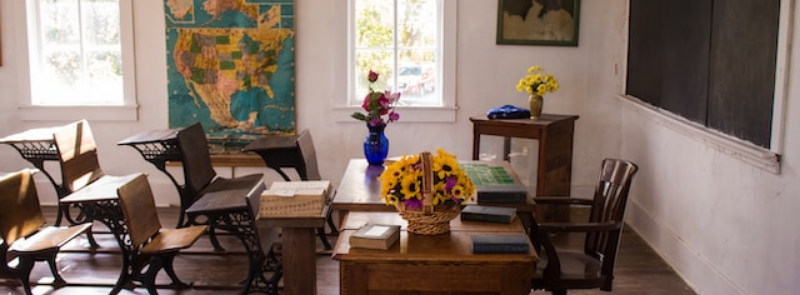
When It Occurs
Every September 9th
Official Website
Timeline
Days Passed (897)
# Hashtags
#InternationalDayToProtectEducationFromAttack #SafeguardChildren
In 2019, the United Nations General Assembly established the International Day to Protect Education from Attack, observed annually on September 9. This initiative emerged in response to the growing instances of attacks on schools and educational institutions worldwide.
The primary objective of the day is to safeguard children and their access to education. Attacks on education can result in severe, enduring physical and psychological consequences for both students and teachers. Moreover, such attacks can disrupt teaching and learning, substantially increase dropout rates, and hinder students from exercising their right to quality education.
UNESCO emphasizes that schools, universities, and educational environments should always serve as safe havens for fostering peace and development. The safety and well-being of students, teachers, and other educational personnel are equally crucial.
History and Background
- Establishment: The International Day to Protect Education from Attack was established by a United Nations (UN) General Assembly resolution in May 2020.
- Purpose: The day highlights the plight of millions of children, students, teachers, and educational institutions that are affected by attacks and violence in conflict zones.
Objectives and Significance
- Raising Awareness: The primary goal is to raise global awareness about the need to protect education and ensure safe access to quality education for all, even in conflict-affected areas.
- Advocacy: It serves as a platform for advocacy and action to prevent and respond to attacks on education, including advocacy for legal protections and policies.
- Promoting Resilience: Emphasizes the resilience of education systems and the importance of continued learning opportunities during and after conflicts.
Impact of Attacks on Education
- Humanitarian Crisis: Attacks on schools, students, and teachers exacerbate humanitarian crises and contribute to a cycle of poverty, displacement, and instability.
- Loss of Life and Learning: Attacks cause casualties, injuries, and psychological trauma among students and educators, disrupting their right to education.
- Displacement: Many children and families are displaced due to attacks on schools and educational infrastructure, further limiting access to education.
- Long-term Consequences: Lack of education can have long-term consequences on individuals, communities, and societies, hindering development and perpetuating cycles of conflict.
Activities and Initiatives
- Awareness Campaigns: Organizations, governments, and individuals participate in awareness campaigns, highlighting the impact of attacks on education and advocating for protective measures.
- Policy Discussions: Conferences, workshops, and policy discussions are held to address challenges and develop strategies to protect education in conflict zones.
- Advocacy Efforts: Civil society organizations and activists engage in advocacy efforts to promote international laws and norms that protect education during armed conflicts.
- Data Collection and Reporting: Organizations like UNESCO and UNICEF collect data and report on attacks on education, providing evidence to support advocacy and policy-making.
International Legal Framework
- International Humanitarian Law: Protects civilians, including students, teachers, and educational institutions, during armed conflicts, ensuring their safety and access to education.
- Safe Schools Declaration: A political commitment to protect students, teachers, schools, and universities from the worst effects of armed conflict, including attacks.
Global Participation and Impact
- UNESCO: Plays a key role in promoting and coordinating activities related to the International Day to Protect Education from Attack, advocating for education in emergencies.
- UNICEF: Focuses on protecting children's rights, including the right to education, in conflict and post-conflict settings.
- NGOs and Civil Society: Many organizations and grassroots movements work tirelessly to protect education and advocate for the rights of students and educators in conflict zones.
How to Participate
- Raise Awareness: Share information about the International Day to Protect Education from Attack on social media and in your community.
- Support Initiatives: Donate to organizations working to protect education in conflict zones and support advocacy efforts.
- Advocate: Write to policymakers and government officials urging them to prioritize the protection of education in conflict-affected areas.
- Educate Yourself: Learn more about the impact of armed conflict on education and how you can contribute to protecting education rights globally.
The International Day to Protect Education from Attack underscores the critical need to safeguard education as a fundamental human right, even in the most challenging circumstances. It calls for concerted global action to protect students, educators, and educational institutions from the devastating impact of armed conflict and violence.


